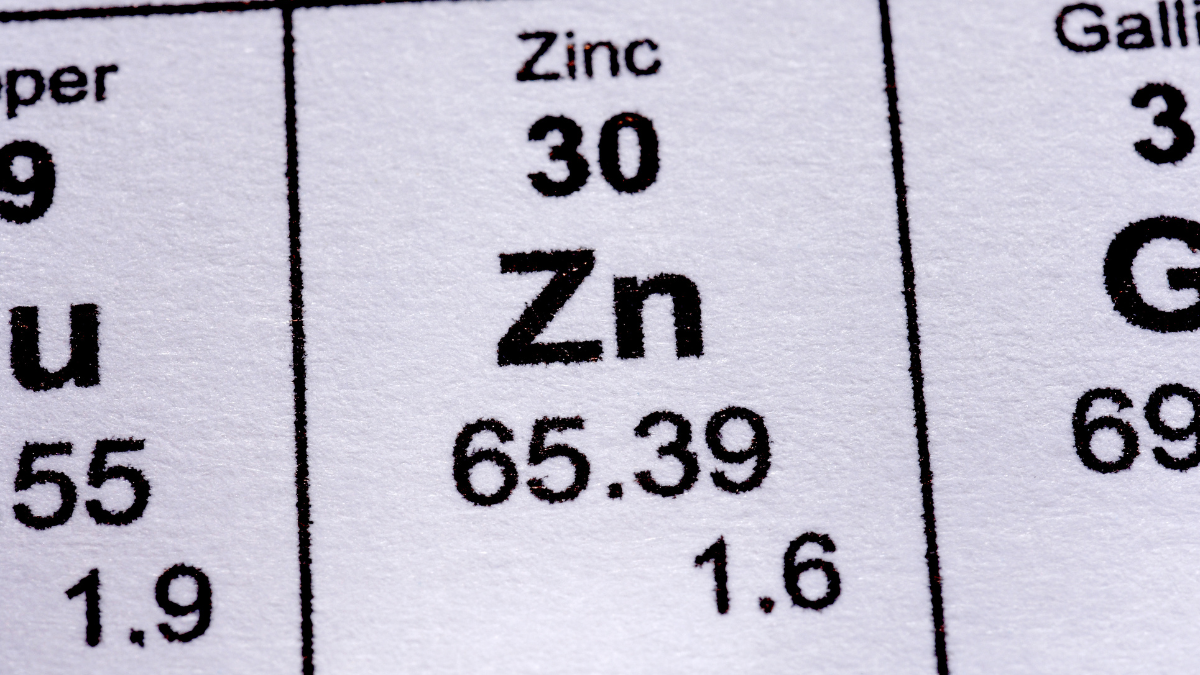© 2024 Panacea
Zinc Deficiency: Signs, Causes, and Health Benefits of Regular Zinc Intake

Zinc is a trace mineral essential for numerous physiological processes, including immune function, cell division, wound healing, and the synthesis of DNA and proteins. It also plays a critical role in growth and development, particularly during childhood, adolescence, and pregnancy. As the body does not store zinc, regular dietary intake is necessary to maintain optimal levels.
Rich sources of zinc include meat, shellfish, legumes, seeds, nuts, dairy products, and whole grains. This mineral also contributes to the proper functioning of the senses of taste and smell and supports enzymatic reactions vital for overall health.
Rich sources of zinc include meat, shellfish, legumes, seeds, nuts, dairy products, and whole grains. This mineral also contributes to the proper functioning of the senses of taste and smell and supports enzymatic reactions vital for overall health.
Signs and Symptoms of Zinc Deficiency
Zinc deficiency can lead to a range of health issues, varying from mild to severe. Common symptoms include:
Another research article in Nutrients (2020) associates low zinc levels with increased susceptibility to respiratory infections and impaired immune responses (Nutrients, MDPI).
- Frequent infections due to weakened immunity
- Slow wound healing
- Loss of appetite
- Hair thinning or loss
- Skin issues like acne or rashes
- Impaired taste and smell
- Growth delays in children
Another research article in Nutrients (2020) associates low zinc levels with increased susceptibility to respiratory infections and impaired immune responses (Nutrients, MDPI).
Identifying and Addressing Zinc Deficiency
Zinc deficiency can be diagnosed through blood tests or hair mineral analysis. Our personalized test offers an accessible way to assess your zinc levels and receive customized recommendations. Based on your results, you’ll receive a tailored plan that includes dietary suggestions and supplementation to restore optimal levels.
Benefits of Regular Zinc Intake
Maintaining adequate zinc levels provides numerous health benefits, supported by scientific evidence:
- Enhanced Immune Function: Zinc supports the production and activity of immune cells, helping the body fend off infections. (Journal of Immunology Research, 2020)
- Accelerated Wound Healing: Adequate zinc promotes faster tissue repair and recovery. (Advances in Wound Care, 2021)
- Improved Skin Health: Zinc reduces inflammation and supports the treatment of acne and other skin conditions. (Dermatologic Therapy, 2020)
- Optimal Growth and Development: Adequate zinc intake is crucial for children’s physical and cognitive development. (Pediatric Research, 2019)
- Better Taste and Smell: Zinc deficiency can impair these senses, and restoring levels improves their function. (Annals of Otology, Rhinology & Laryngology, 2020)
Conclusion
Zinc is indispensable for immune resilience, skin health, growth, and overall well-being. Deficiency can lead to serious health challenges, but early detection through tests or personalized assessments can help address the issue. Ensuring regular intake through a balanced diet or supplements unlocks zinc’s full potential for improved health and vitality. Don’t wait—start prioritizing your zinc levels today.




